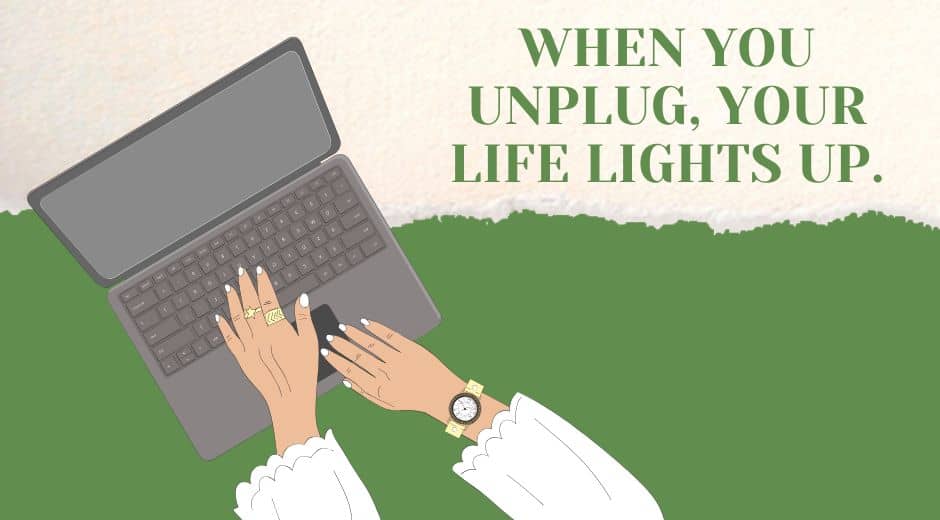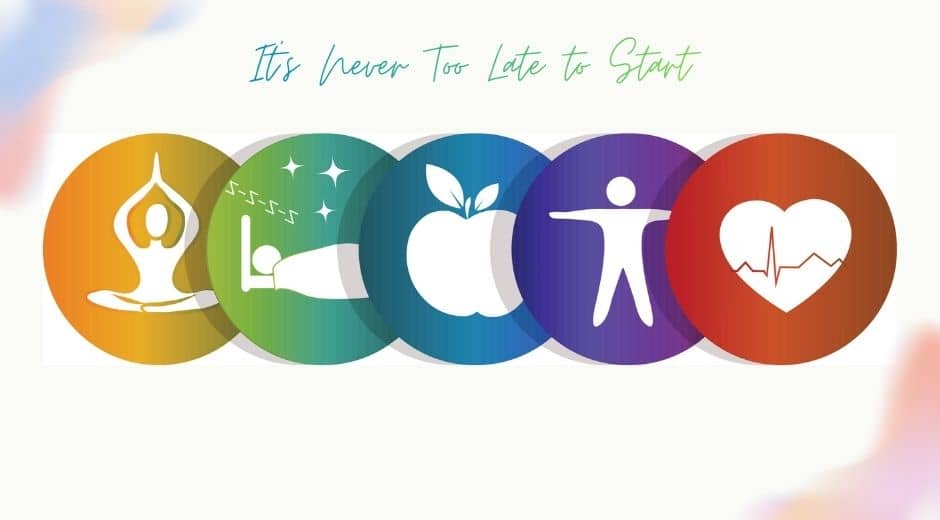Sleep Better: Techniques for a Restful Night
Getting enough quality sleep is essential for overall health and wellbeing. Learning how to sleep better can dramatically improve your energy, focus, and mood. Whether you struggle with falling asleep, staying asleep, or waking up tired, there are effective strategies you can implement to enhance your nightly rest. In this guide, we’ll explore ten practical techniques to help you achieve a restful night consistently.
1. Maintain a Consistent Sleep Schedule
Consistency is one of the most effective ways to sleep better. Going to bed and waking up at the same time every day helps regulate your internal body clock. Even on weekends, aim to stick to your schedule to avoid disrupting your circadian rhythm. Resources like Forbes provide insights on time management and maintaining daily routines that enhance sleep quality.
2. Create a Relaxing Bedtime Routine
Developing a calming pre-sleep routine signals your body that it’s time to wind down. Techniques such as gentle stretching, reading a book, or practicing deep breathing can help you sleep better. Avoid electronics at least 30 minutes before bedtime, as blue light can interfere with melatonin production. Learn more about relaxation strategies from Body Wellness Group.
3. Optimize Your Sleep Environment
Your sleep environment significantly affects your ability to sleep better. Ensure your bedroom is dark, quiet, and cool. Consider blackout curtains, white noise machines, or a comfortable mattress and pillows. Removing clutter and minimizing distractions can also improve sleep quality. Style Radar Point offers tips on creating an aesthetically calming bedroom environment.
4. Limit Stimulants and Heavy Meals
Consuming caffeine, nicotine, or heavy meals close to bedtime can prevent you from falling asleep or disturb your rest. To sleep better, limit caffeine intake to early afternoon and avoid large, spicy, or greasy meals before bed. Instead, opt for light snacks like fruit or yogurt. You can find additional dietary tips for sleep on Taste Flavor Book.
5. Incorporate Physical Activity
Regular exercise is a proven method to sleep better. Physical activity helps regulate your body’s natural sleep-wake cycle and reduces stress. Aim for at least 30 minutes of moderate exercise most days, but avoid intense workouts within two hours of bedtime. Morning or early afternoon workouts are particularly effective for enhancing nightly rest.
6. Manage Stress and Anxiety
High stress levels can interfere with sleep quality. Learning to manage stress can help you sleep better. Practices such as journaling, meditation, and mindfulness exercises reduce anxiety and promote relaxation. If stress persists, consider speaking with a professional. Reliable resources for mental wellness can be found at Psychology Today.
7. Avoid Napping Late in the Day
Short naps can be beneficial, but napping too late in the afternoon can make it harder to sleep better at night. If you need a nap, limit it to 20–30 minutes before 3 PM. This preserves your natural sleep drive for nighttime and helps maintain a consistent sleep schedule.
8. Limit Screen Time Before Bed
Electronic devices emit blue light that can disrupt melatonin production. Reducing screen time before bed is essential to sleep better. Try listening to calming music, reading a paper book, or using dim lighting in the evening. Tools like screen filters or night mode settings can also help minimize blue light exposure.
9. Track Your Sleep Patterns
Monitoring your sleep can help identify patterns and obstacles to quality rest. Use apps, wearables, or journals to track sleep duration, quality, and nighttime awakenings. Reviewing this information can help you make adjustments and ultimately sleep better. You can explore in-depth guides on improving sleep at our sleep optimization guide.
10. Seek Professional Help When Needed
If you consistently struggle to sleep despite following healthy habits, consulting a sleep specialist may be necessary. Medical conditions such as sleep apnea or restless leg syndrome can impact sleep quality. Addressing these issues ensures you can sleep better safely and effectively. Trusted medical information is available through sites like Mayo Clinic.
Conclusion: Implementing Techniques to Sleep Better
Adopting these strategies can dramatically improve your ability to sleep better and enjoy a restful night. From maintaining a consistent schedule and creating a calming bedtime routine to managing stress and optimizing your environment, each technique offers practical benefits. Start small, experiment, and gradually implement the methods that work best for you. By committing to these practices, you can transform your sleep habits and enhance your overall quality of life.
Explore More
For additional insights and tips on wellness, lifestyle, and personal improvement, check out Style Radar Point, Body Wellness Group, Taste Flavor Book, and Trip Beyond Travel.
Education Made Simple

Energy Balance Habits For Sustainable Performance
Energy Balance Habits For Sustainable Performance

Holistic Body Care Beyond Exercise And Diet
Holistic Body Care Beyond Exercise And Diet

Physical Ease Practices For Pain Free Movement
Physical Ease Practices For Pain Free Movement

Why Athletes Load Manage: Protecting the Body for the Long Game
Why Athletes Load Manage: Protecting the Body for the Long Game













